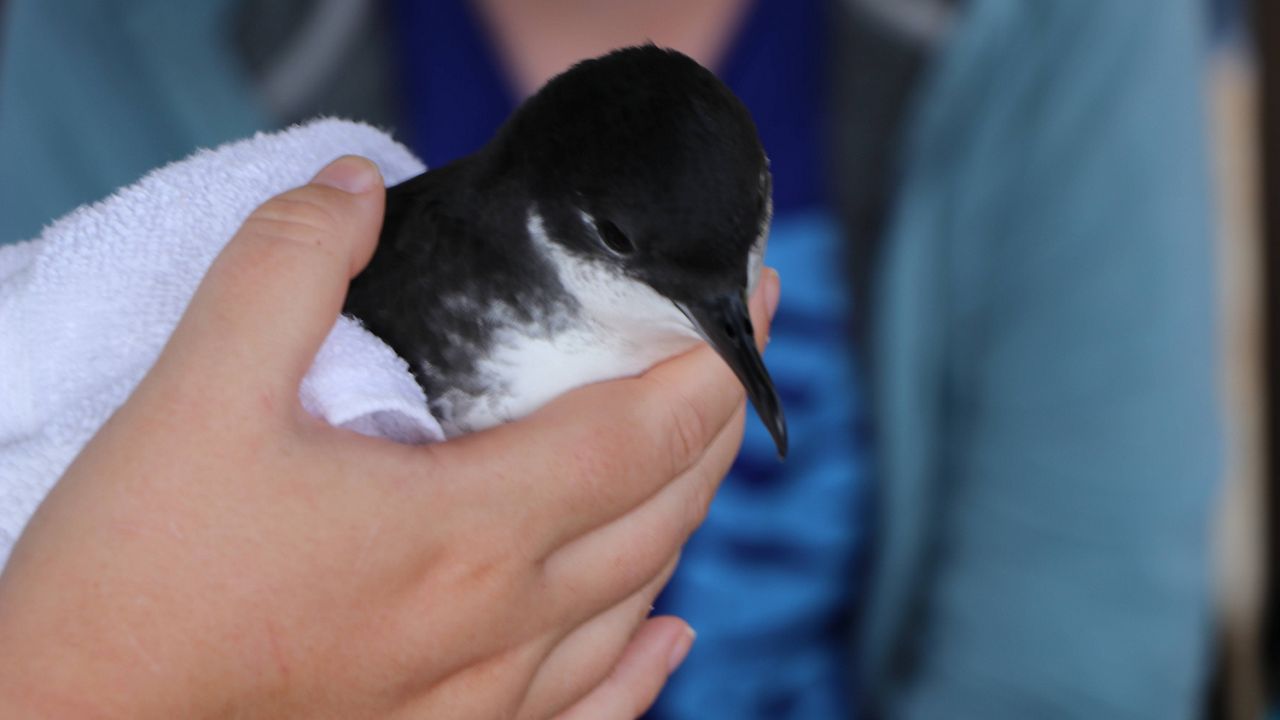Lydgate Beach Park on Kauai is closed until Nov. 21 for what the county describes as “major cleaning and overall maintenance,” not, the county assured in a recent social media post, to trap and remove feral cats.
“Any report that says otherwise is not accurate,” the announcement stated.
Rumors that the county was closing the park to address its feral cat population have been circulating online, likely rising from ongoing concerns about the county’s legal obligation to remove predators from the area during the so-called “fallout” season, when seabirds confused by artificial lights repeatedly circle, become exhausted and alight on the ground.
The issue stems from a 2007 investigation by the U.S. Fish and Wildlife Service and the Department of Justice that resulted in the DOJ indicting the county for violations of feral laws that protect endangered and threatened species. As part of a plea agreement, the county paid about $1 million in fines and adopted changes to the operation of artificial lights at county facilities that pose a risk to protected species.
To obtain a required permit to operate artificial lights at night, the county worked with the USFWS and the state Department of Land and Natural Resources to develop the Kauai Seabird Habitat Conservation Plan, which outlines steps the county would take to mitigate the effects of light attraction and minimize the mortality of three protected seabirds — the ao, uau and akeake — when grounded during fallout.
“Covered seabirds that are downed at county facilities are vulnerable to predation by free-roaming dogs, cats, rats, and other predators,” the county stated. “Feral cats, specifically, are serious and known threats to Kauai’s protected seabirds, both as predators and as carriers of diseases. In order to comply with our Incidental Take authorization from the USFWS and DLNR, the county is required to reduce the presence of predators at its facilities for the duration of the fallout season.”
Advocates for the feral cat population at the park are concerned because the county does not yet have a plan for what to do with the animals once they are caught.
“Simply capturing cats, sterilizing and releasing them onto county property, as many messages we received have suggested, would be considered ‘abandonment,’ which is illegal,” the county stated. “Furthermore, the sterilization of cats does not eliminate the threat they pose to covered seabirds.
The county had hoped to release the cats to a controlled facility like the Lanai Cat Sanctuary but said negotiations did not progress.
The county Department of Parks and Recreation is charged with executing the KHSCP and abiding by compliance requirements.
The county noted that failure to comply with the plan would result in “heavy fines, which will ultimately fall on the back of our taxpayers.”
And while the current park closure will not involve the removal of cats and other potential predators, such action will take place once an approved plan is in place.
“The county is working on a predator control plan which will allow it to implement site-specific predator-control protocols to meet its specific needs,” the county stated. “However, this plan is not yet complete and will require the approval of both USFWS and DLNR.”
Michael Tsai covers local and state politics for Spectrum News Hawaii. He can be reached at michael.tsai@charter.com.




